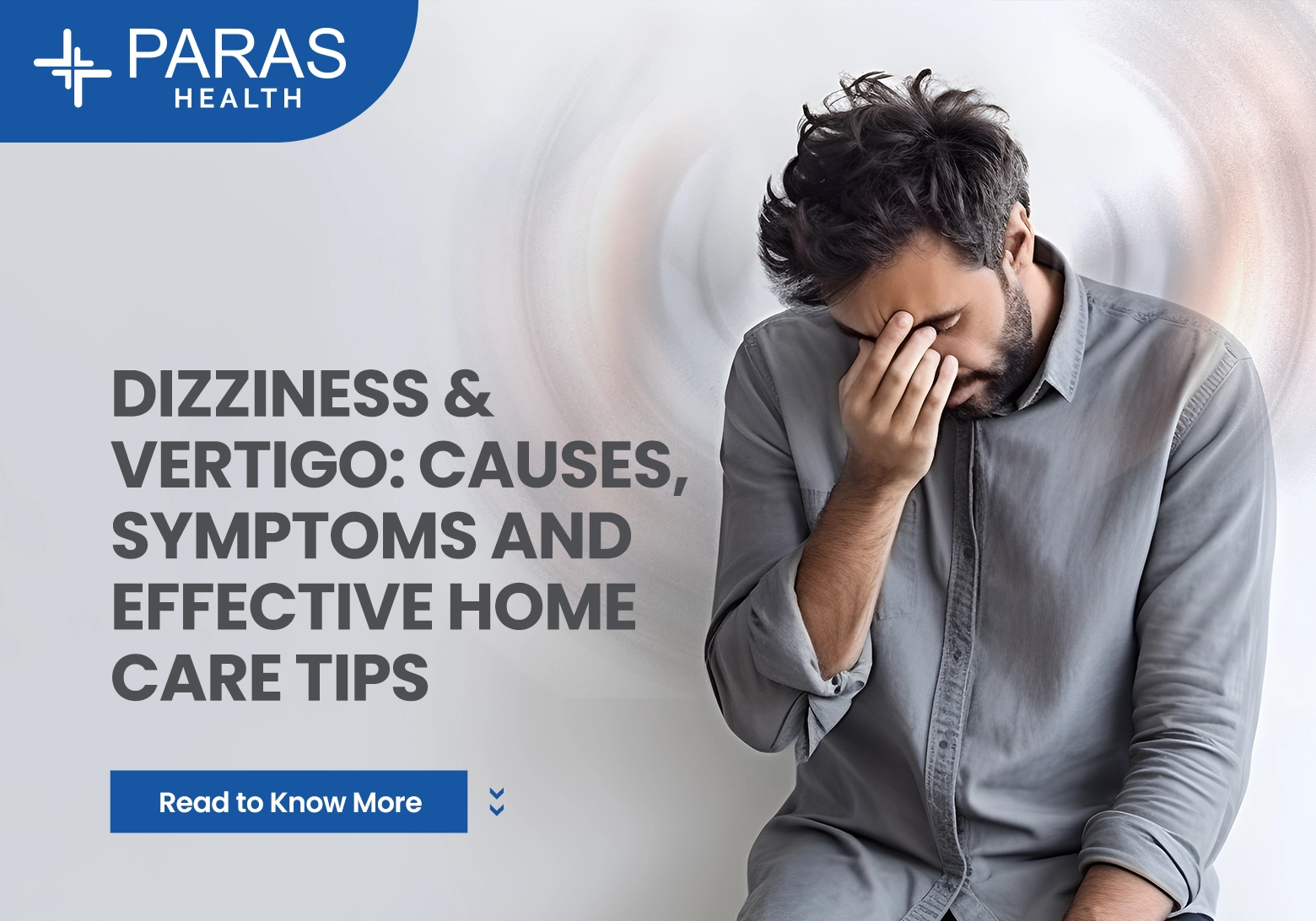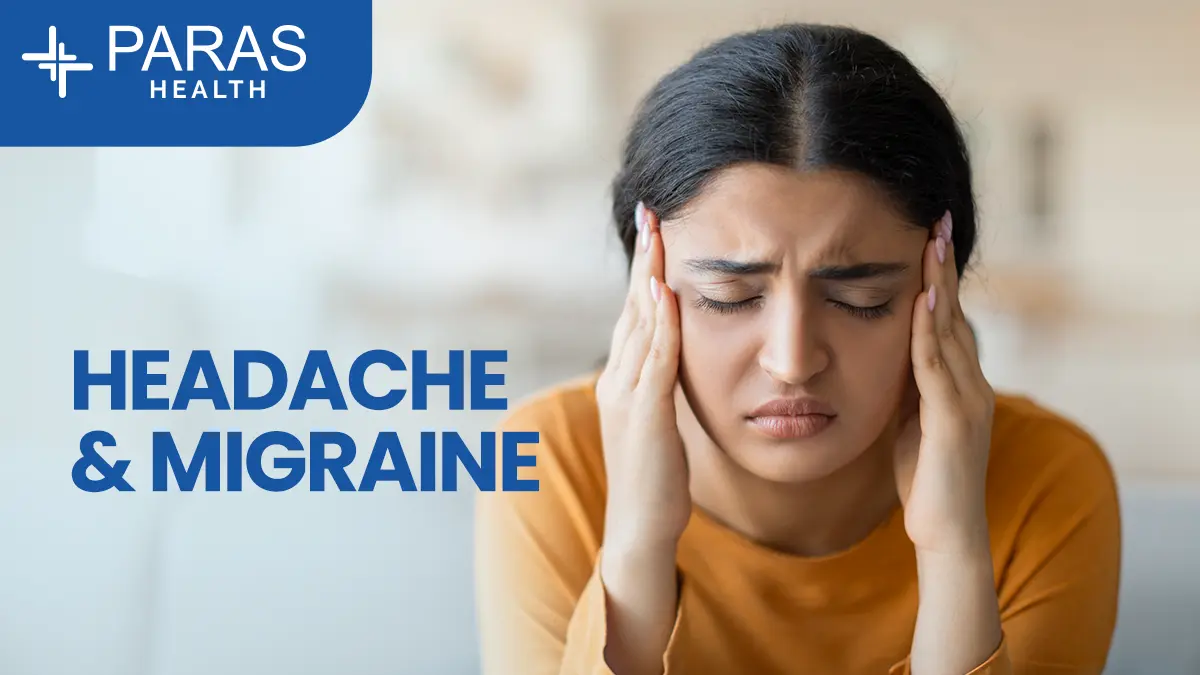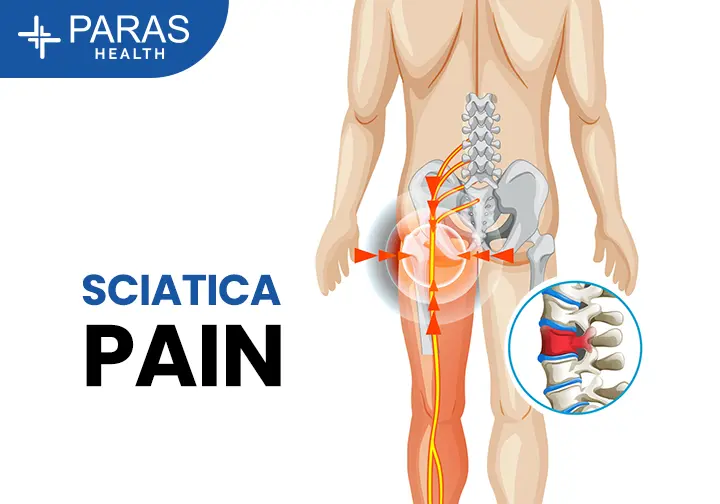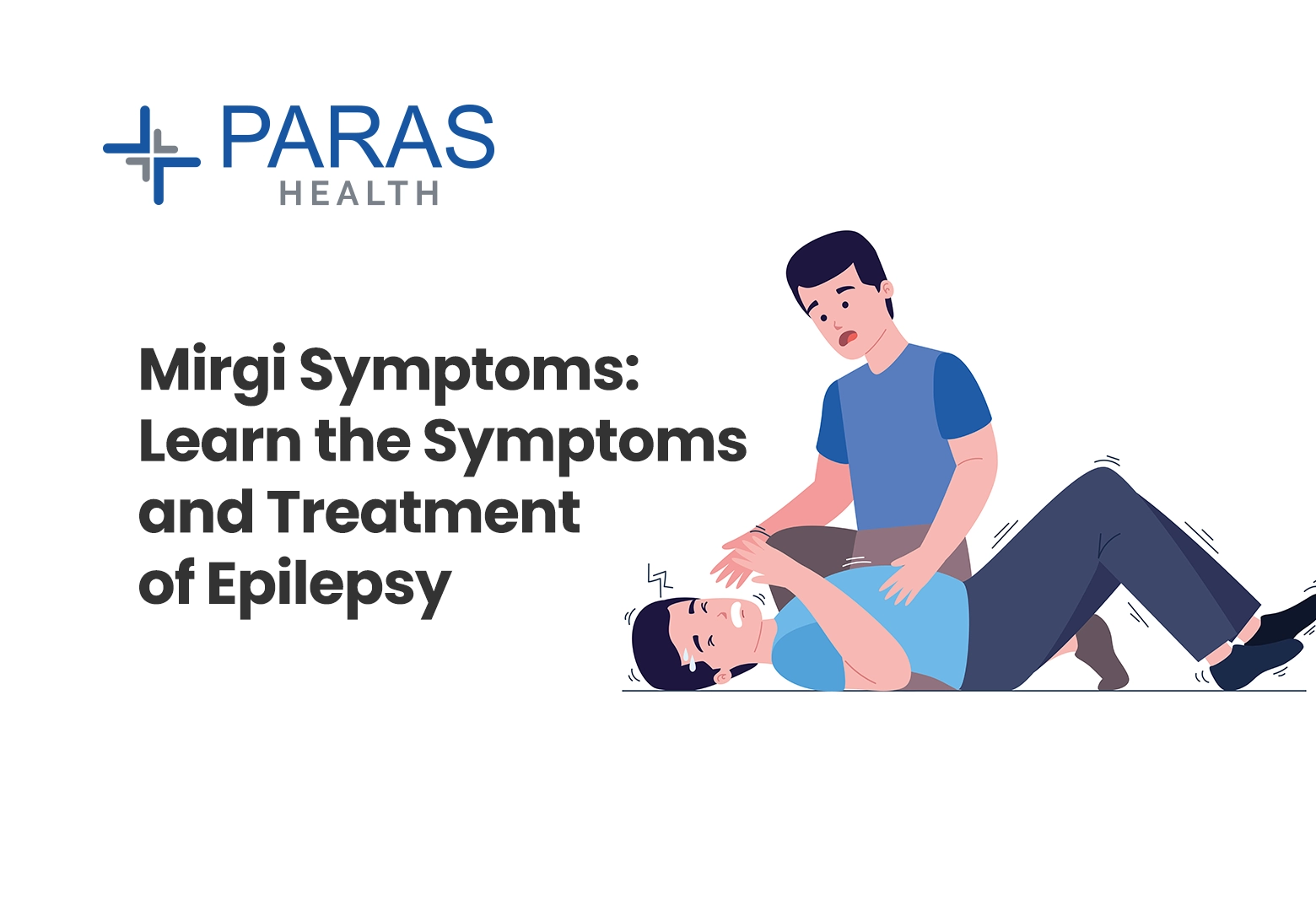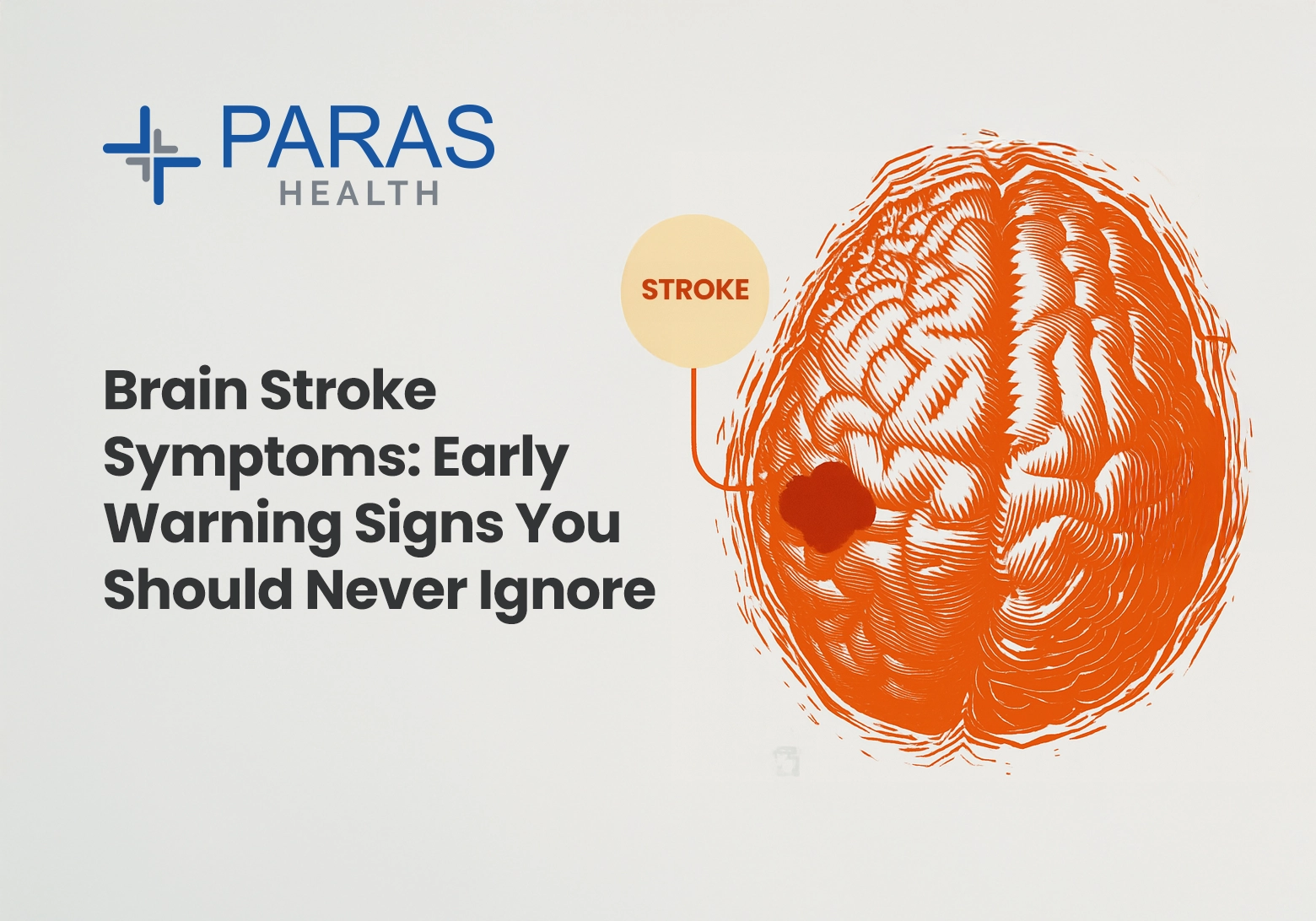Dizziness & Vertigo: Causes, Symptoms, and When to See a Doctor
Sep 10, 2025
Most of us have felt lightheaded or unsteady at some point — maybe after standing up too quickly, being dehydrated, or due to motion sickness. This is called dizziness. But when you feel like the room is spinning or you are rotating even when standing still, that’s vertigo.
While both dizziness and vertigo are common, they can sometimes signal underlying health conditions that need medical attention. In this blog, we’ll explain the causes, symptoms, treatment, and prevention tips for dizziness and vertigo in simple, jargon-free language.
Dizziness vs Vertigo: What’s the Difference?
- Dizziness is a general term used to describe feelings of lightheadedness, unsteadiness, or loss of balance.
- Vertigo is a specific type of dizziness where you feel a spinning or rotating sensation.
In short:
- Dizziness = feeling faint or unsteady.
- Vertigo = illusion of movement (as if you or your surroundings are spinning)
Common Causes of Dizziness
Dizziness can be linked to several everyday conditions:
- Dehydration: Not drinking enough water can lower blood pressure and cause dizziness.
- Low blood pressure: Sudden drop when standing up (orthostatic hypotension).
- Low blood sugar: Skipping meals can trigger lightheadedness.
- Anemia: Low hemoglobin reduces oxygen supply to the brain.
- Anxiety or panic attacks: Stress can lead to dizziness and imbalance.
- Medications: Certain antibiotics, sedatives, or blood pressure medicines.
Common Causes of Vertigo
Vertigo is mostly related to inner ear and balance disorders. The main causes include:
- Benign Paroxysmal Positional Vertigo (BPPV): Sudden spinning sensation when you change head position.
- Meniere’s disease: Inner ear disorder with vertigo, ringing in ears, and hearing loss.
- Labyrinthitis: Inner ear infection causing inflammation and dizziness.
- Vestibular neuritis: Viral infection affecting the balance nerve.
- Migraine-associated vertigo: Some migraines can trigger spinning sensations.
- Head injury: Trauma affecting the balance center in the brain.
Symptoms of Dizziness
- Feeling faint or lightheaded
- Blurred vision
- Weakness or fatigue
- Loss of balance while walking
- Nausea or headache
Symptoms of Vertigo
- Spinning sensation (as if the room is moving)
- Nausea and vomiting
- Difficulty standing or walking straight
- Sweating and rapid eye movements (nystagmus)
- Worsening of symptoms with head movement
When Should You Worry?
Occasional dizziness may not be serious, but consult a doctor if you experience:
- Frequent or unexplained dizziness
- Vertigo lasting for hours or days
- Hearing loss or ringing in ears
- Severe headache along with dizziness
- Chest pain, fainting, or difficulty speaking (possible stroke warning)
Treatment Options
Treatment depends on the cause:
For dizziness:
- Drink enough fluids and avoid skipping meals.
- Treat underlying conditions like anemia or low blood sugar.
- Manage stress and anxiety through relaxation techniques.
For vertigo:
- Medications: Antivertigo drugs, anti-nausea medicines.
- Vestibular rehabilitation therapy: Special exercises to improve balance.
- Canalith repositioning maneuvers (for BPPV): Performed by doctors to move crystals in the inner ear.
- fRare, used only in severe cases like Meniere’s disease.
Home Remedies & Lifestyle Tips
- Stay hydrated throughout the day.
- Avoid sudden movements of head and body.
- Limit caffeine and alcohol intake.
- Eat balanced meals to avoid low blood sugar.
- Practice balance exercises like yoga or tai chi.
- Sleep well to reduce fatigue and stress.
Key Facts from Popular Organizations
- According to the World Health Organization (WHO), balance disorders like vertigo are among the leading causes of falls in older adults.
- The Centers for Disease Control and Prevention (CDC) reports that nearly 15% of adults in the U.S. experience dizziness or balance problems each year.
- The National Institute on Deafness and Other Communication Disorders (NIDCD) states that BPPV is the most common cause of vertigo, especially in people over 50.
- In India, ENT specialists highlight that dizziness and vertigo cases increase during hot summers due to dehydration and heat exhaustion.
FAQs on Dizziness & Vertigo
What causes dizziness most commonly?
Dehydration, low blood pressure, anemia, and anxiety are common causes.
What is the difference between dizziness and vertigo?
Dizziness is a feeling of lightheadedness, while vertigo is a spinning sensation.
Can dehydration cause dizziness?
Yes, lack of fluids lowers blood pressure and causes lightheadedness.
What are the main causes of vertigo?
BPPV, inner ear infections, Meniere’s disease, migraines, and head injuries.
Is vertigo a serious condition?
Usually not life-threatening, but persistent vertigo can indicate an inner ear or neurological problem.
How long does vertigo last?
It can last from a few seconds (BPPV) to several hours or days depending on the cause.
What are home remedies for dizziness?
Hydration, rest, avoiding sudden movements, and eating balanced meals.
Which doctor should I consult for vertigo?
An ENT specialist or a neurologist.
Can anxiety cause dizziness?
Yes, anxiety and panic attacks can trigger dizziness and imbalance.
Can vertigo be cured permanently?
Yes, many cases like BPPV can be treated with repositioning maneuvers, but some conditions may need long-term management.
Final Thoughts
Dizziness and vertigo are common issues but should not be ignored if frequent or severe. While many cases are harmless and improve with lifestyle changes, others may point to inner ear disorders, low blood pressure, or neurological conditions.
The good news is that with proper diagnosis, treatment, lifestyle adjustments, and in some cases, simple exercises, dizziness and vertigo can be managed effectively. If you or your loved ones experience persistent symptoms, consult a doctor promptly for the right care.



